Equity
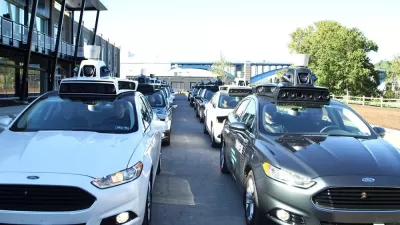
Shaping the Future of Automated Mobility
Automated mobility technologies are coming. How do we ensure that they serve everyone?
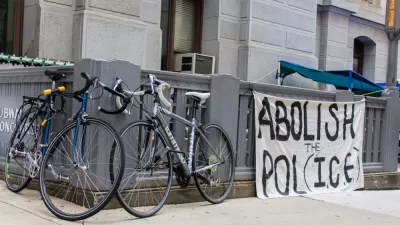
What's Abolitionist Housing Policy?
Abolition—as a mode of mobilization and social change directed at the criminal legal system and elsewhere—remains widely misunderstood.

Focusing Housing Policy on Outcomes to Ensure Economic Recovery
Housing policy can ensure a sustainable economic recovery by focusing on five outcomes.
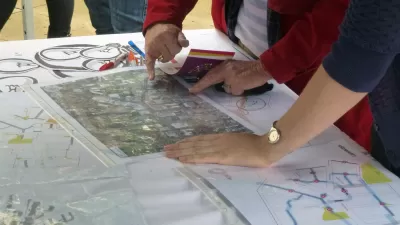
AICP Certification Maintenance Program to Include Equity Requirement
Two new mandatory topic areas will be required of AICP members to maintain professional certification.

Transportation Equity Lessons from the Pandemic
Almost a year into the devastating effects of the COVID-19 pandemic, the Urban Institute assesses what we've learned about transportation equity—and what these lessons mean for the future.

What Biden's First 100 Days Will Look Like for Transportation
The new administration's policies are likely to promote clean energy and equity goals and focus resources on maintenance of existing infrastructure.

A New Standard for Equity Investments
Fifth Third Bank is investing $2.8 billion in its Accelerating Racial Equality, Equity and Inclusion initiative.

Austin Hopes to Buck Tradition with Anti-Gentrification Measures in its New Transit Plan
Project Connect promises to prioritize equity and inclusion with $300 million dedicated to anti-displacement efforts.

L.A. Metro Plans for an Equitable Recovery
The pandemic has forced difficult confrontations with inequities that existed long before the novel coronavirus. L.A. Metro planners are responding by charting a path toward a transportation system that reverses and improves those previous realities.

Rethinking Place Governance to Advance Equitable Development
The Boston Foundation's first Place Leadership Network process offers lessons in how to build place-based coalitions to advance the cause of equity.
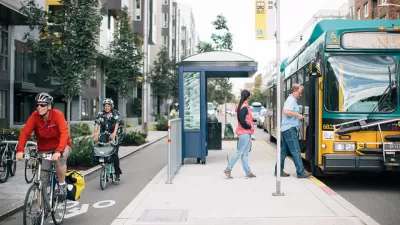
Integrating Climate Protection, Public Health, and Equity Into Planning
The beta version of a comprehensive new evidence-based platform called Streetsmart helps policy makers, planners, and advocates make the case for healthy, inclusive, and sustainable transportation investments.
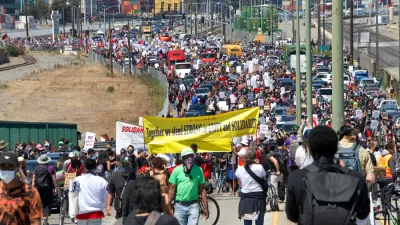
How Oakland Is Fixing its Pandemic Planning Equity Problem
The Oakland Slow Streets program, one of the most controversial developments of the early pandemic, has evolved to become the Essential Places initiative, thanks to new planning practices and a commitment to equity in Oakland, California.

Equitable Transportation Planning Initiative Advances in Northeast Ohio
The Northeast Ohio Areawide Coordinating Agency (NOACA) is moving forward with a groundbreaking policy to consider regional economic inequities when evaluating potential highway projects.
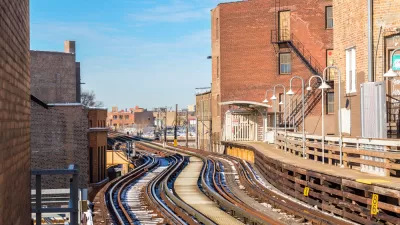
Priority on Equity Gives Hope for Chicago's Transit-Oriented Development Plans
The city of Chicago's Equitable Transit Oriented Development Policy Plan prioritizes three key strategies for bringing equity to transit-oriented development.
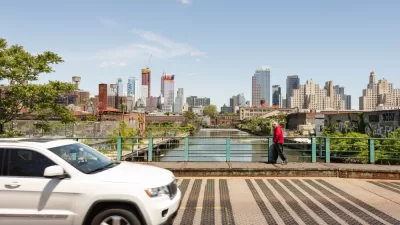
Rezoning a Wealthy Neighborhood in the Name of Equity
An opinion piece makes the case that a rezoning proposal for the Brooklyn neighborhood of Gowanus has a higher potential for new affordable housing and lower risk of displacement compared to other rezoning plans in the city.
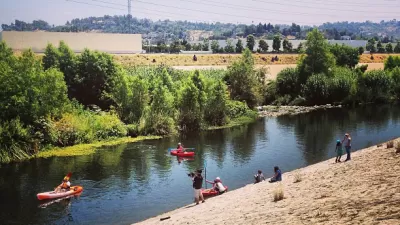
Keeping Gentrification From Following Green Space
Los Angeles organizers work with park professionals on policies to allow green space investment in neighborhoods that have lacked it without paving the way for displacement.
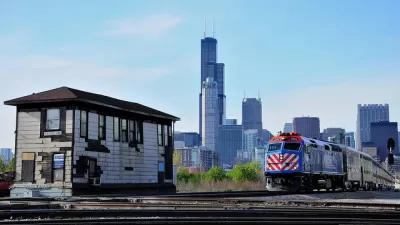
A First for Chicago: City Releases Equitable Transit-Oriented Development Plan
The city of Chicago's first-ever Equitable Transit-Oriented Development policy attempts to address long-standing inequities in the built environment and access to transportation in the city.
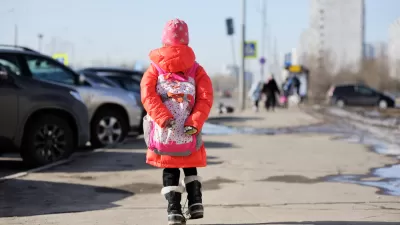
6 Ways to Ensure Equitable Cities for Children
A city that fosters the mental and physical health of children is safer for everyone. Six key planning and design considerations promote the well-being of the city's youngest residents.
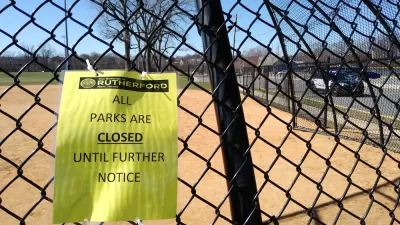
Has the Lack of Access to Parks Driven Up COVID-19 Infection Rates in Black and Latino Communities?
Experts indicate that it is too soon to conclude that the lack of access to parks has contributed to higher coronavirus infection rates in Black and Latino communities, but say there is likely a relationship between the two.
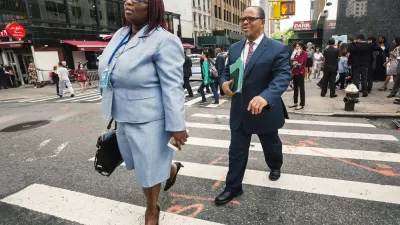
How to Produce Equitable Pedestrian Plans
The majority of pedestrian master plans consider how to make equitable walking infrastructure. Less than half of plans implement strategies to address the fact that people of color are disproportionately represented in pedestrian fatalities.
Pagination
Urban Design for Planners 1: Software Tools
This six-course series explores essential urban design concepts using open source software and equips planners with the tools they need to participate fully in the urban design process.
Planning for Universal Design
Learn the tools for implementing Universal Design in planning regulations.
Heyer Gruel & Associates PA
Ada County Highway District
Institute for Housing and Urban Development Studies (IHS)
City of Grandview
Harvard GSD Executive Education
Toledo-Lucas County Plan Commissions
Salt Lake City
NYU Wagner Graduate School of Public Service


































